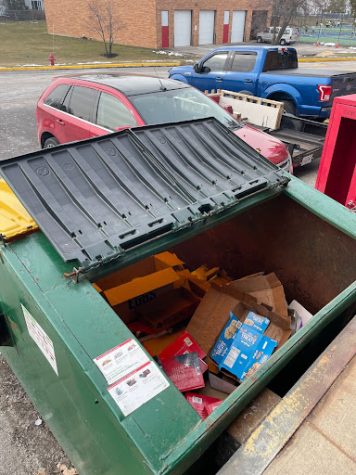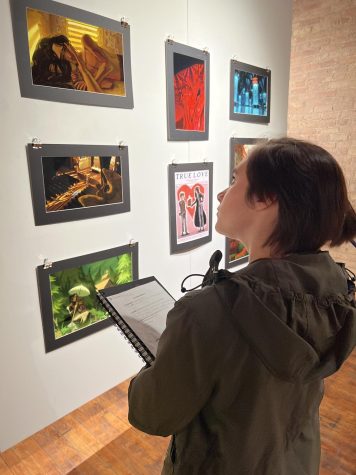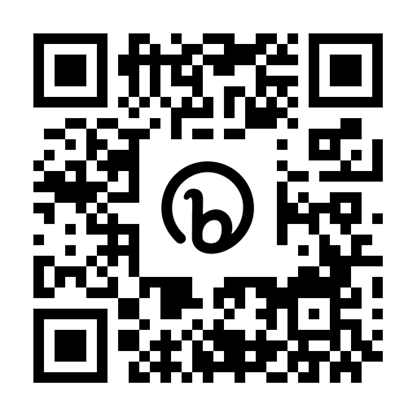Trump Rally Sparks Mixed Reactions
May 13, 2016
Republican Presidential Candidate Donald Trump hosted a rally at the University of Illinois at Chicago (U
“I have determined that for the safety of all of the tens of thousands of people that have gathered in and around the arena, tonight’s rally will be postponed to another date, also thank you very much for your attendance and please go in peace.”
— Donald Trump
“Mr. Trump just arrived in Chicago and after meeting with law enforcement has determined that for the safety of all of the tens of thousands of people that have gathered in and around the arena, tonight’s rally will be postponed to another date,” stated a March 11 press release on Trump’s official website.
The cancelled rally produced more publicity for Trump, and it also showed the impact he is having on people in this country.
“The cancelled rally affected Donald Trump in a positive way because the large media providers like Fox News and CNN gave him more coverage and publicity,” said Dominic Frattura, senior.
Instead of the media covering the rally, the focus became security concerns as protesters clashed with Trump supporters in the arena of which Trump was supposed to speak. For more than an hour before, security guards were kicking out protestors.
Trump is known for his aggressive behavior during rallies compared to the other candidates, such as Hillary Clinton and Bernie Sanders, both Democrats. Clinton and Sanders take more of a “laid back” approach to the rallies. For example, there have been six different occasions in which people have gotten attacked at a Trump rally.
But Trump claims he does not condone that sort of violent behavior.
On March 11, Trump said, “I have determined that for the safety of all of the tens of thousands of people that have gathered in and around the arena, tonight’s rally will be postponed to another date, also thank you very much for your attendance and please go in peace.”
For some, the cancelled rally also hinted at the current state of turmoil Chicago has been facing with the racial tensions under investigation in the Chicago Police Department.
Trump’s rally also might have gained attention because Chicago is historically a democratic city populated by minority groups that tend to vote democratic. Statistics show that Illinois is 64.2 percent democratic, and according to the US Census of April 2010, the Chicago population is 61.8 percent African-American and Latino.
Some non-Trump supporters find that Trump marginalizes these minority groups and only cares about platforms related to financial gains.
Said Junior Matt Szepanski, “I think it is important to help out one another, and the values he holds do not speak to me personally; there are more things more important than money.”


